Eye of the Devil (1967) Online
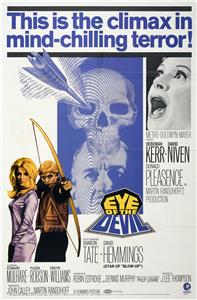
Vineyard owner marquis Philippe de Montfaucon is called back to his castle Bellenac because of another dry season. He asks his wife and children to remain in Paris, but they still come after him. His wife Catherine de Montfaucon soon discovers that her husband is acting mysteriously and that his employees are following old pagan rituals that call for the life of the marquis himself to save the crops.
| Complete credited cast: | |||
| Deborah Kerr | - | Catherine de Montfaucon | |
| David Niven | - | Philippe de Montfaucon | |
| Donald Pleasence | - | Pere Dominic | |
| Edward Mulhare | - | Jean-Claude Ibert | |
| Flora Robson | - | Countess Estell | |
| Emlyn Williams | - | Alain de Montfaucon | |
| Sharon Tate | - | Odile de Caray | |
| David Hemmings | - | Christian de Caray | |
| John Le Mesurier | - | Dr. Monnet | |
| Michael Miller | - | Grandec | |
| Donald Bisset | - | Rennard | |
| Pauline Letts | - | Marianne | |
| Robert Duncan | - | Jacques de Montfaucon | |
| Suky Appleby | - | Antoinette de Montfaucon |
Originally Kim Novak was cast in the role of Catherine de Montfaucon. Filming began in the fall of 1965 in France. Near every scene had been filmed when Kim Novak fell from a horse and wasn't able to complete her scenes. Deborah Kerr was hired to take over and every scene that featured Miss Novak had to be re-shot with her replacement.
Sharon Tate was the first & only choice to play her character.
This film spent a long time on the shelf. Filming was completed in the early part of 1966, but its American release was not until late 1967, and its British one not until the Spring of 1968. David Hemmings made this film before his breakthrough role in "Blow-Up", and it is quite possible that the great (and unexpected) popularity of that film was what finally pushed MGM into releasing this one. Many commented with surprise on the smallness of Hemmings's role - it is likely that his special billing (along with that of Sharon Tate) was an afterthought to disguise the fact that they had supporting parts. Although this film was supposed to launch Tate, she had, because of its protracted shelf-life, already been seen in "Don't Make Waves", which she had made subsequently. That film has a special "introducing" credit for her as a result.
Kim Novak and David Hemmings apparently had an affair during the filming of the movie. Hemmings claimed in his autobiography that Miss Novak was fired after an argument with producer Martin Ransohoff.
Screenwriter Robin Estridge also wrote the novel on which this film is based - however, the novel was credited to his pseudonym, "Philip Loraine", whilst the film script is credited to his real name.
Terry Southern wrote the original screenplay based on Robin Estridge's novel.
This was the official film debut of Sharon Tate; in the opening credits, it says "and introducing Sharon Tate"
This movie was filmed at Chateau de Hautefort in Dordogne France.
Michael Anderson was the original director, but J. Lee Thompson finally made the movie. Both Sidney J. Furie and Arthur Hiller also directed additional scenes.
This was the second troubled shoot for Kim Novak in just 2 years. Her remake of " Of Human Bondage " in 1963 in Ireland went through 3 directors; Henry Hathaway, Bryan Forbes and Ken Hughes. .
Sidney J. Furie and Michael Anderson (I) were originally approached to direct the film.
In November 1964, producer Martin Ransohoff announced that this would be filmed in Ireland under the title " Day of the Arrow".
In 1964 it was announced that James Coburn would be joining the cast.

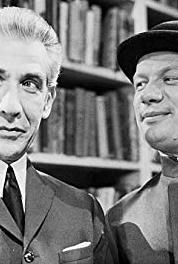
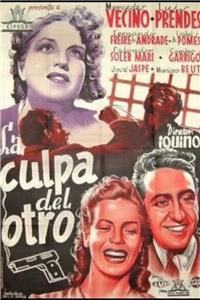
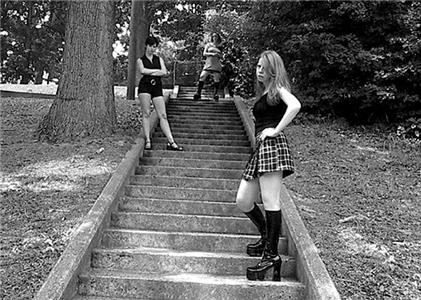
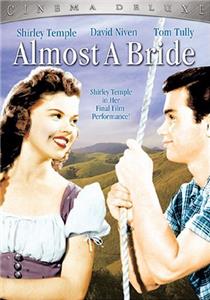
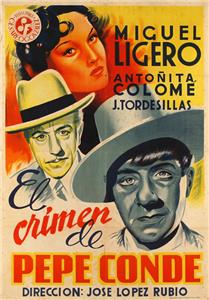
User reviews